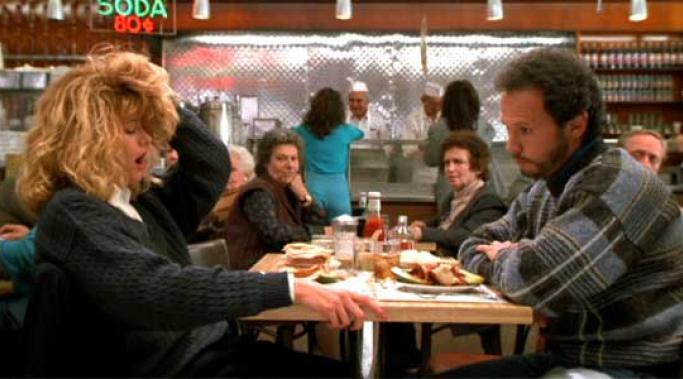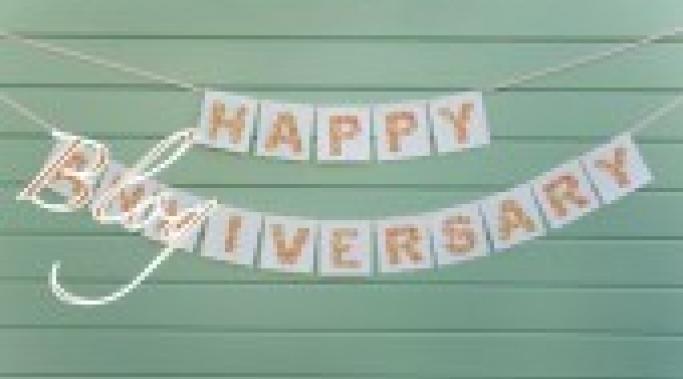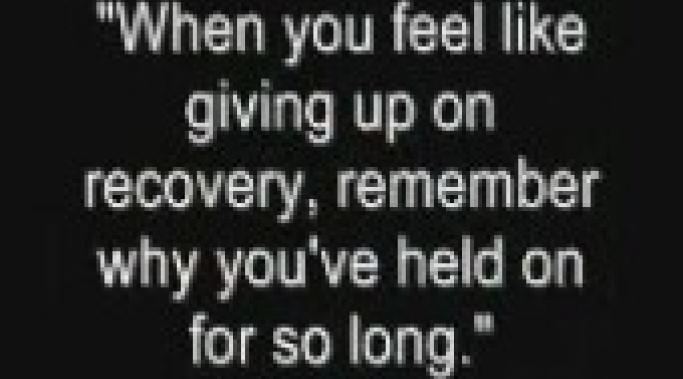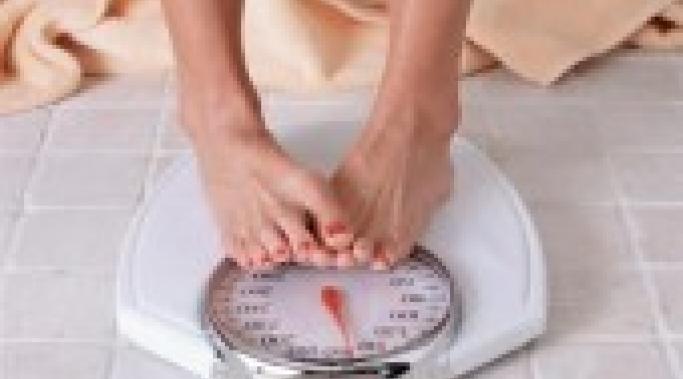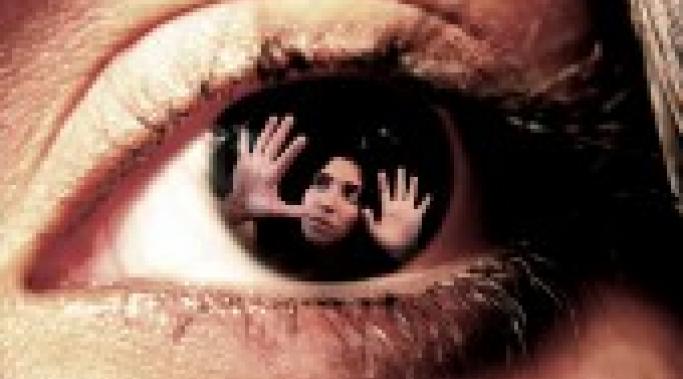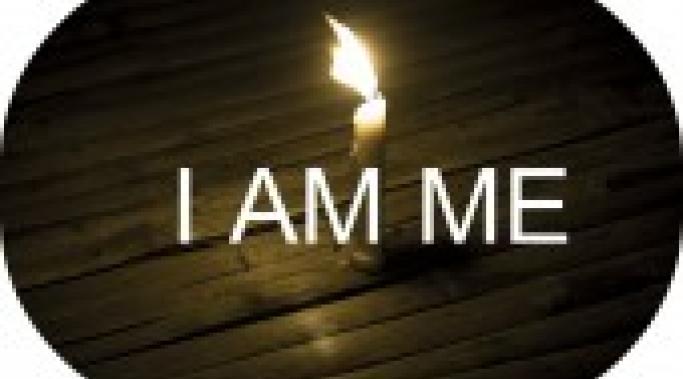Recovering from an eating disorder isn’t particularly easy at any time of the year, but I always find it especially difficult around the New Year. For starters, you’ve just gotten through the holidays, which are extremely stressful in and of themselves, even if you don’t have an eating disorder.
And then come New Year’s resolutions. If your eating disorder is anything like mine, it rejoices at the idea of flying under the radar and hitching a ride on everyone else’s “Get fit in 2013!” wagon.
Eating Disorders Recovery
If you're in recovery from an eating disorder, you can join me now in a collective sigh of relief. We survived the holidays.
Two years ago, I spoke with HealthyPlace's, Gary Koplin, on "De-Romanticizing Anorexia." I was asked to write Surviving ED, an eating disorders recovery blog, after that video post.
I vowed to be completely honest when I started writing this blog.
In some ways, it has been both a painful and rewarding two years.
Recovery from an eating disorder offers many gifts.
Health. Restored relationships with family and friends. New life. Freedom.
And it's true. Eating disorder recovery does mean all of these things, and more.
But that's not the gift I'm talking about.
This gift is much more subtle and may seem to be a curse at first.
The truth is, I often hate the physical aspects of recovery.
The night sweats.
The hunger pains.
The food cravings.
The breakouts of acne.
The edema.
The delayed gastric re-emptying.
The headaches.
The constipation and diarrhea.
And my ever-changing body, including, The "Buddha" Belly.
It has been enough to cause me to give up. Several times.
For almost five years, I have struggled and fought to free myself from anorexia.
It has been painful, and full of tears.
It hasn't been easy. Understatement of the year.
This is what has happened:
A panicked flight from Rogers Memorial Hospital's eating disorders program. Eight hospitalizations on the psychiatric unit of an area hospital. Spectacular failure during a six-week stay at the River Centre Clinic. Plunging into alcohol and drug abuse. Multiple relapses.
Now I can finally see the other side.
In a fit of anger, I threw away my scale in January.
The temptation to buy a new one was very strong, but I knew I needed to move beyond obsessing about numbers in order to achieve true recovery.
Therefore, I haven't known my weight in almost eight months.
Until today.
And surprisingly, I'm okay with it.
For years, the fact that most people get hungry and enjoy food did not register with me at all.
I feel hungry.
That tastes so good!
I really have a craving for a big, juicy hamburger!
I did not feel those things at all. Ever. I did not feel hunger pains and food was simply something to be avoided. I rarely ate, and when I did, I ate the blandest, most boring food possible.
Plain yogurt.
A piece of thinly sliced turkey.
A small portion of rice sans salt, butter, or seasoning.
It really was easy for me to starve myself at first. There seemed to be no hunger problem in my eating disorder, until recovery.
Depression and anorexia go hand in hand.
And it doesn't end during recovery.
It started out slowly.
Not following my meal plan. Eliminating foods here and there.
It's okay. I'm still eating.
Then the apathy started. I couldn't seem to do anything. Dishes went unwashed. Laundry piled up. My study exploded with paper and books, piles everywhere. A thin layer of soap scum accumulated on the tub's surface. Bills didn't get paid.
I couldn't read. I couldn't breathe. I couldn't write. I couldn't even think.
Then on Sunday night, I took a bunch of laxatives.
Why?
I am...
A friend. A daughter. A sister. A writer. A lover of books and all things word-related. An intelligent, engaging person. A mom to my furry cat, Aliena. A curious, lively person who believes in learning.
I am me. I am not my eating disorder.
Sometimes it is hard to remember that.

